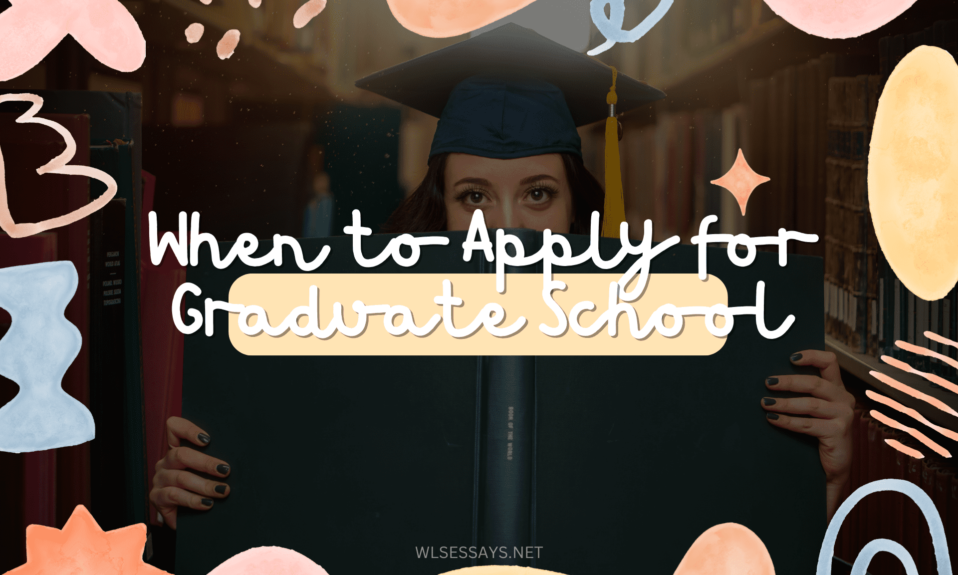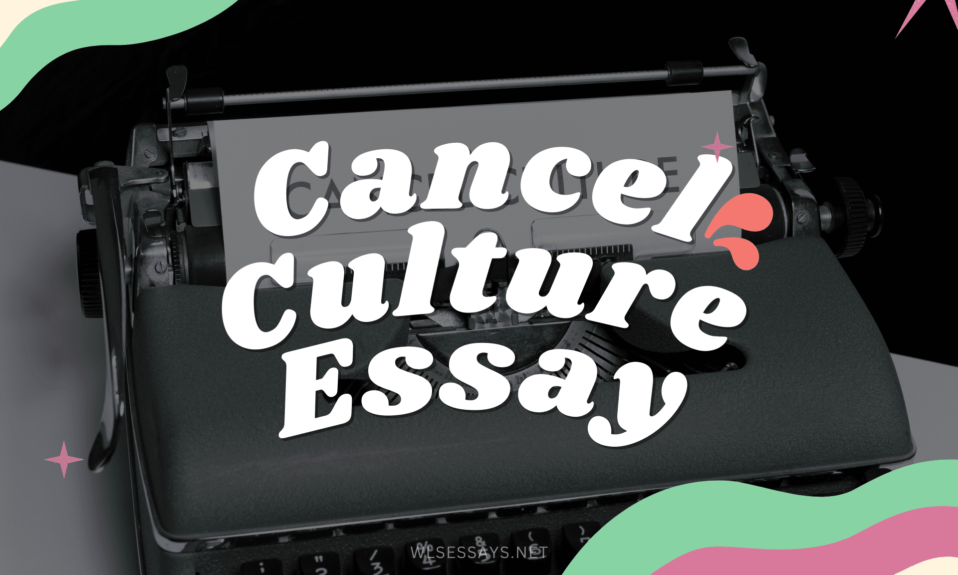Did you know that studying with friends can increase your chances of academic success? It’s true! Collaborating with peers offers numerous benefits, such as gaining fresh perspectives, boosting motivation, and fostering accountability. In this article, we will explore the advantages of studying with friends and share practical tips to make the most of your group study sessions. So if you want to take your learning to the next level, keep reading!
Better Understanding and Retention of Material
Studying with friends can significantly improve your understanding and retention of the material. By discussing and explaining concepts to each other, you can reinforce your understanding and identify any areas that need further clarification. Additionally, working together helps you find gaps in your knowledge and fill them more efficiently.
Collaboration and Accountability
Studying with friends also enhances collaboration and accountability. When you work in a group, each member contributes their unique perspective and skills, leading to overall success. By dividing tasks, sharing resources, and holding each other accountable, you can create a more efficient and productive study session.
Diverse Perspectives and Ideas
Studying with friends from various backgrounds exposes you to a wide range of perspectives and ideas. For example, studying history with friends from different cultures allows you to understand how historical events were viewed and experienced worldwide. This broadens your comprehension of historical events and their impact on diverse cultures.
Similarly, studying literature with friends from different backgrounds offers new insights into themes and messages. Your friends may interpret the same text differently based on their experiences, enriching your understanding of the material.
Studying with friends from diverse backgrounds can also be helpful in appreciating different viewpoints and perspectives. For instance, when studying economics with friends from different socio-economic backgrounds, you can learn about the ways in which economic policies and systems affect people from various walks of life. This helps in developing a more nuanced understanding of the subject and appreciating the complex interplay between economics and society.
In summary, studying with friends from diverse backgrounds exposes you to new ideas and perspectives, leading to a more well-rounded understanding of the material. Through sharing different experiences and insights, you can gain a deeper appreciation for different viewpoints and become a more informed and empathetic learner.
Improved Communication and Social Skills
Another benefit of studying with friends is that it can improve your communication and social skills. Working in a group provides the opportunity to practice your communication skills, including active listening, expressing ideas clearly, and giving and receiving feedback. Studying with friends also helps in developing social skills such as teamwork, leadership, and conflict resolution.
Fun and Motivating
Studying with friends can also be a fun and motivating experience. By working with individuals who share similar goals and interests, you can create a supportive and motivating environment that helps you stay focused and engaged. Additionally, studying with friends provides a break from studying alone and makes the experience more enjoyable.
Tips for Effective Group Studying
To make the most out of group study sessions, it is essential to approach them in an organized and effective manner. Here are some tips for effective group studying:
- Set clear goals and objectives for the study session to ensure that everyone is on the same page and working towards a common goal. For example, if a group is studying for an upcoming biology exam, they may set a goal of reviewing all the major concepts and terminology covered in the textbook.
- When studying with friends, there are a few challenges that can affect the effectiveness of group study sessions. These challenges include lack of commitment from some group members, communication issues, personality conflicts, and difficulties in managing time. To overcome these challenges, it’s important to establish clear expectations and guidelines right from the start.
- To make the most out of study sessions, dividing tasks and responsibilities among group members can be an effective approach. For instance, one member can create flashcards while another focuses on key concept outlines.
- Setting a schedule and timeline for completing tasks can help everyone stay on track and accountable. For example, the group can allocate the first hour to reviewing vocabulary, the second hour to diagrams, and the final hour to answering practice questions.
- To ensure active participation, engagement from all members is encouraged. This can be achieved by asking questions, giving everyone a chance to share their thoughts, and facilitating group discussions.
- Taking breaks and incorporating fun and interactive activities can also help keep the group engaged and focused. For instance, a ten-minute stretch or team-building exercise can be done every hour.
- At the end of the study session, reviewing and summarizing the material can help solidify understanding. This can involve summarizing key concepts, creating mind maps to visualize connections, or simply discussing the main points.
Remember, effective group study sessions require commitment, communication, and collaboration. By addressing challenges and following these strategies, studying with friends can be both productive and enjoyable.
Some tips for addressing these challenges include clarifying expectations and goals for the group before starting the study session, establishing clear communication channels, encouraging open and honest communication among group members, addressing personality conflicts respectfully, and planning ahead by creating a schedule for completing tasks. Being flexible and willing to adjust the schedule as needed is also important. By working together effectively and addressing potential challenges proactively, group study sessions can be both productive and enjoyable.
By applying these tips and strategies in real-life scenarios, groups can make the most out of their study sessions and achieve their academic goals more effectively.
Conclusion
Studying with friends can bring many benefits to your academic pursuits. Group studying can enhance your understanding and retention of the material, boost collaboration, accountability, communication, and social skills. Moreover, studying with friends from diverse backgrounds and experiences can provide fresh perspectives and ideas, and create a more well-rounded understanding of the material. By following the tips and strategies shared in this article, group study sessions can be made more productive and enjoyable. While there are potential challenges that can arise, with commitment, clear communication, and an understanding of each other’s personality and learning styles, group studying can be a successful and rewarding experience.










